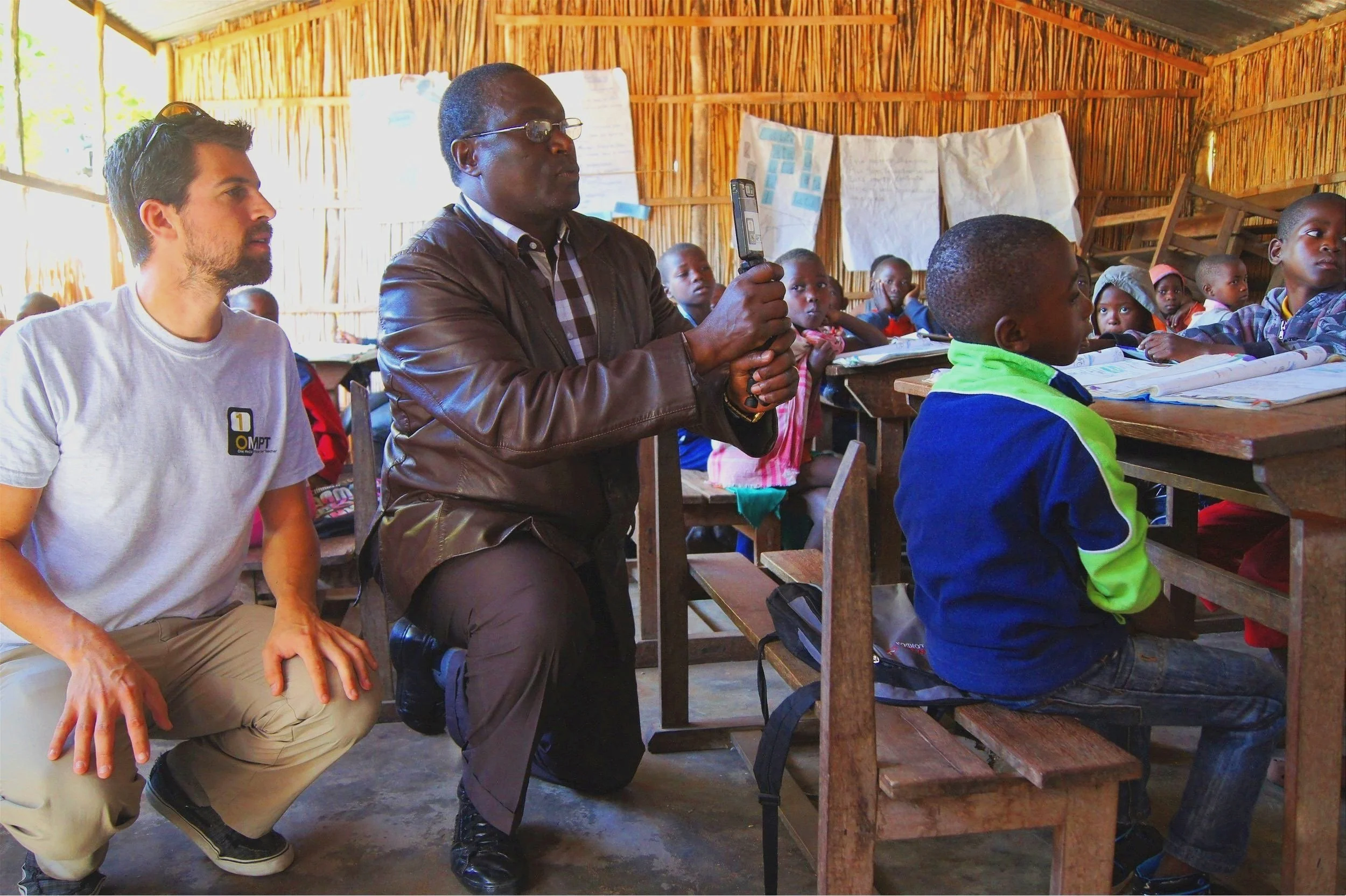Charity: a silent superhero
In 1889, oil magnate Andrew Carnegie endowed the Carnegie Free Library in Braddock, Pennsylvania, the first of 2,509 free libraries his philanthropy established around the world. During World War I, future writer Ernest Hemingway volunteered as an ambulance driver and saved the lives of many soldiers, even after being injured himself.
These selfless acts are just two moments in time marked by what we call “charity.” One, an act of finances, spurred the widespread availability of free knowledge to all ages and social classes. The other, a willing donation of time and emotion, was directly responsible for the continuance of countless family lines. Multiply these two highly documented examples by the billions of unchronicled acts of charity throughout history, and an interesting supposition emerges:
Could charity be one of the most under-lauded protectors of the human race?
Could the giving of time and money be one of the most necessary ingredients for preserving humanity — being just as important to our development as language, human rights, and freedom? It’s a grand statement and one worth considering.
At the individual level, charity is responsible for better health. Gift-giving has been shown to produce serotonin, dopamine and oxytocin, chemicals responsible for mood mediating, compassion and bonding. These elevated feelings result in lower stress, which can lead to lower blood pressure, less depression and overall longer lifespans have all been linked to ongoing acts of charity.
The charitable donation of time is also good for you. “There is no doubt that getting out of the house to volunteer in a way that encourages social interaction with others — even for just a few hours per month — can have positive benefits on mood, energy, and health,” says Dr. Lex Denysenko, Clinical Assistant Professor of Psychiatry and Human Behavior at Thomas Jefferson University Hospital.
At 91, Warren Buffet, a founding member of the Giving Pledge, in which participating philanthropists pledge to give away all/most of their wealth before they die, is a living testament to the case for charity as a key ingredient for the long life of an individual.
At the most basic level, charity helps the individual survive. But how about humanity as a whole?
Lara Aknin, Ph.D., a distinguished associate professor of psychology at Simon Fraser University in Canada, suggests charity may be responsible for ongoing social and cultural advancement. “Prosocial acts may be emotionally rewarding,” she said, “because they reinforce costly but evolutionarily important actions that help us build and create bonds with other people.”
In other words, charity has allowed us to come together from myriad walks of life to support the growth and development of communities around us. When we consider examples like the support for New Orleans after Hurricane Katrina, the outpouring of time and donations to the communities affected by wildfire in California, the generosity of organizations like the Gates Foundation, Rotary Foundation and WHO to battle polio around the world, it’s clear that charity is a driving factor in humanity’s survival.
And viewed from a high-level perspective: without the charity of time and money, people die. Villages evaporate. Women don’t get to go to school. Animals are left hungry and alone. If all the volunteer time and gifts of money in the world halted today, imagine where we’d be. The world would look nothing like it does today, and tomorrow would be pretty bleak.
Humanity is dependent on charity. We need that intangible superhero to carry on. Science says it doesn’t matter how much you give or how long you volunteer, but rather if you do it at all. And when you bestow your time and funds on nonprofit organizations like illuminAid, you multiply the impact of that charity.


